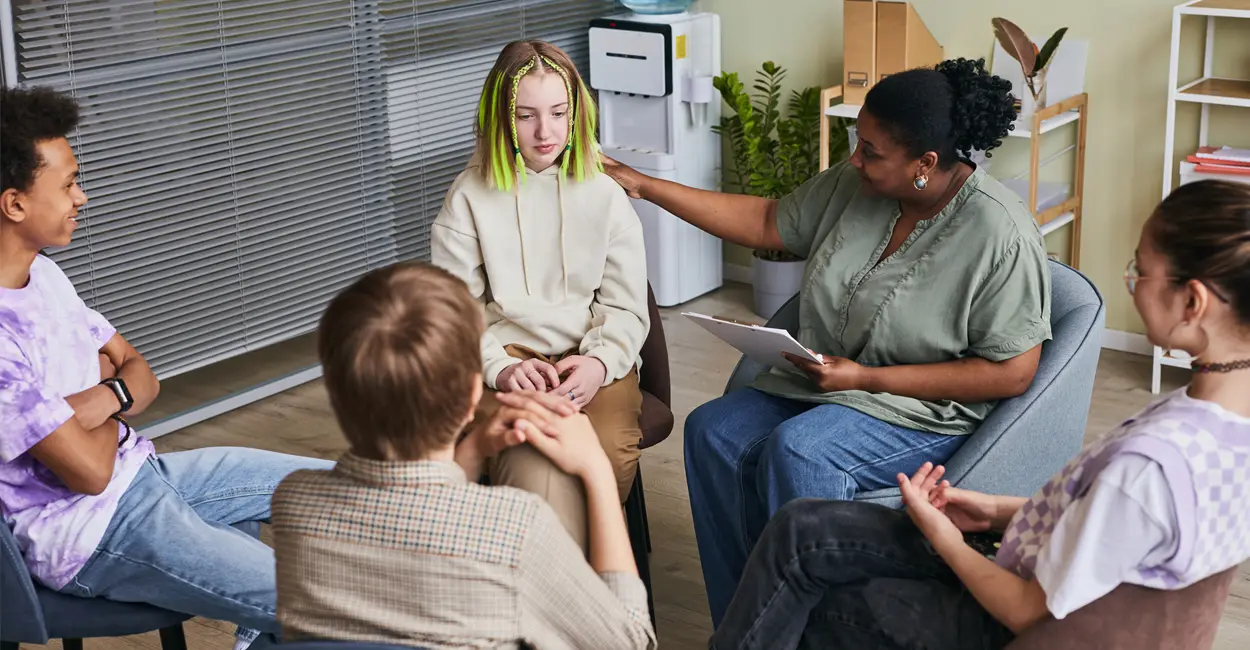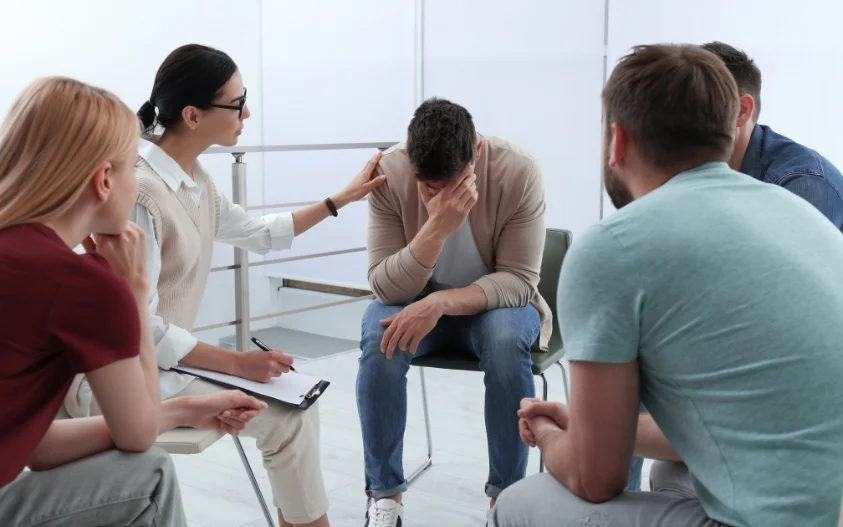24/7 Helpline:
(866) 899-221924/7 Helpline:
(866) 899-2219
Learn more about PTSD Treatment centers in Coffey County

Other Insurance Options

BlueCross

Sliding scale payment assistance

Medical Mutual of Ohio

United Health Care

Lucent

ComPsych

Providence

Premera

PHCS Network

Cigna

Choice Care Network

Aetna

Amerigroup

Group Health Incorporated

Humana

Coventry Health Care

Kaiser Permanente

Regence

UnitedHealth Group

Excellus





















































































































